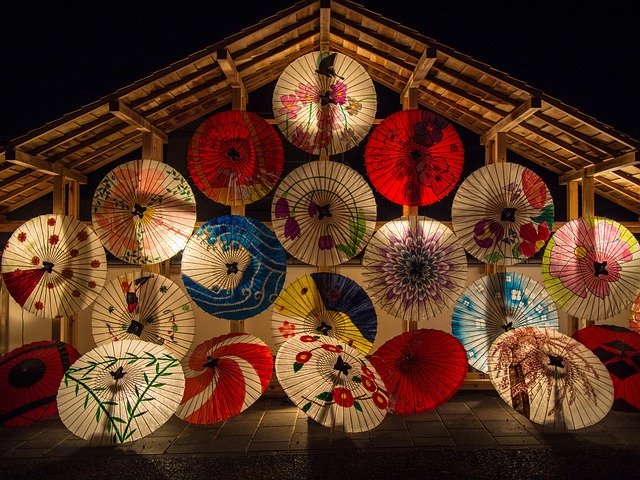Discover why Japan is celebrated for its exceptional hospitality, from traditional omotenashi to modern customer service. Learn how Japanese culture ensures unforgettable experiences for every visitor.
Introduction:
Japan is renowned for its unmatched hospitality, a cornerstone of its culture that leaves visitors feeling valued and respected. Known as omotenashi, this deeply ingrained ethos reflects the Japanese commitment to selfless service, attention to detail, and creating memorable experiences. Whether you’re staying at a ryokan, dining at a local restaurant, or navigating public transportation, Japan’s dedication to hospitality shines through every interaction.
1. Traditional Hospitality at Ryokans
Staying at a ryokan, a traditional Japanese inn, offers a unique glimpse into Japan’s culture of hospitality.
Highlights:
- Warm Welcomes: Guests are greeted with tea and wagashi (Japanese sweets).
- Tatami Rooms: Experience serene, minimalist rooms with traditional futons and tatami mats.
- Kaiseki Meals: Multi-course dining experiences showcasing seasonal ingredients and exquisite presentation.

2. The Spirit of Omotenashi
Omotenashi is the heart of Japanese hospitality, embodying a mindset of genuine care and consideration.
Key Aspects:
- Anticipating Needs: Service providers often anticipate what a guest might need before being asked.
- Politeness and Respect: Every interaction, from greetings to farewells, reflects deep respect.
- Attention to Detail: From perfectly folded napkins to beautifully arranged meals, no detail is overlooked.
3. Impeccable Dining Experiences
Japanese restaurants and eateries are known for their exceptional service, making dining an unforgettable experience.
Features:
- Courteous Staff: Politeness and attentiveness are standard, regardless of the establishment’s size.
- Exquisite Presentation: Meals are crafted as works of art, reflecting Japan’s appreciation for aesthetics.
- Specialized Menus: From sushi bars to ramen shops, each establishment excels in its specialty.

4. Cultural Practices That Enhance Hospitality
Japanese customs and traditions also play a significant role in creating a welcoming environment.
Practices:
- Gift-Giving: Exchanging thoughtful gifts to express gratitude.
- Bowing: A gesture of respect and appreciation, integral to Japanese culture.
- Seasonal Festivals: Events like cherry blossom viewing and tea ceremonies that celebrate community and inclusivity.
5. Hospitality in Public Spaces
Japan’s dedication to hospitality extends beyond private establishments to public spaces and services.
Examples:
- Efficient Transportation: Trains run on time, with staff ready to assist passengers.
- Cleanliness: Streets, public restrooms, and stations are impeccably maintained.
- Signage and Assistance: Multilingual signs and helpful staff ensure convenience for foreign travelers.

Conclusion:
Japan’s hospitality is more than just exceptional service; it is a reflection of its culture, values, and way of life. From the heartfelt omotenashi to the meticulous attention to detail, every aspect of Japanese hospitality ensures visitors feel welcome and cherished. Whether you’re exploring bustling cities or serene countryside, Japan offers an experience of unparalleled warmth and care, making it a truly unforgettable destination.












